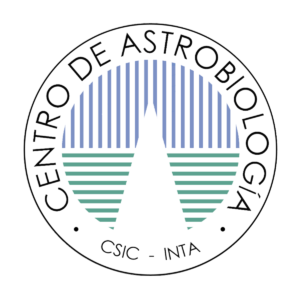Ref. PID2019-105203GB-C22 Dates: June 2020 / June 2024 Project PI: Carmen Sánchez Contreras
GENESIS is coordinated with the proyect “Pérdida de masa, envolturas circunestelares, y el rol de las binarias en estrellas evolucionadas – EVENTs“, (PID2019-105203GB-C21), PI: J. Alcolea (OAN, Spain) y V. Bujarrabal (OAN, Spain).
Our more general objective is to study the physical and chemical properties of gas and dust envelopes around evolved low- and intermediate-mass stars in the red giant phase (AGB) and beyond, both in the planetary nebula (PN) stage and in the transition phase between the two (called post-AGB or pre-PN). We aim to advance in the identification of the processes responsible for the morphological, dynamical and chemical changes induced in the circumstellar material during the short transition stage from AGB to PN. Our research is based on multi-wavelength observations obtained with first-line telescopes (such as ALMA, HST, Herschel, GTC, etc) and on an extensive and detailed analysis of these observations (e.g. using radiative transfer codes developed in the group).
Developements:
IDEATE — https://github.com/dmcarmen/ideate
Other members of the team:
José Pablo Fonfría Expósito. Postdoctoral researcher from 16 July 2022.
Jaime Alonso Hernández: PhD student since May 2022 (INTA fellowship). Thesis’ Subject: “Binarity in AGB stars: impact on nebular physics and chemistry”.
Carmen Díez Menéndez (Oct 2021 – June 2022) CSIC JAE-INTRO fellow (Ref. JAEINT_21_02510). Bachelor’s thesis on Informatics Engineering. Title: “IDEATE: herramienta de interacción entre el programa de modelización física 3D ShapeX y los códigos de transferencia radiativa aplicados a envolturas circunestelares”. University: Escuela Politécnica Superior (U. Autónoma de Madrid).
Ramón Rodríguez Cardoso (Oct 2020 – Sept 2021) Final Master’s thesis on Astrophysics. Title: “Discovery and characterization of a rotating equatorial structure at the core of OH 231.8+4.2”. University: Facultad de Ciencias Físicas (U. Complutense de Madrid).










